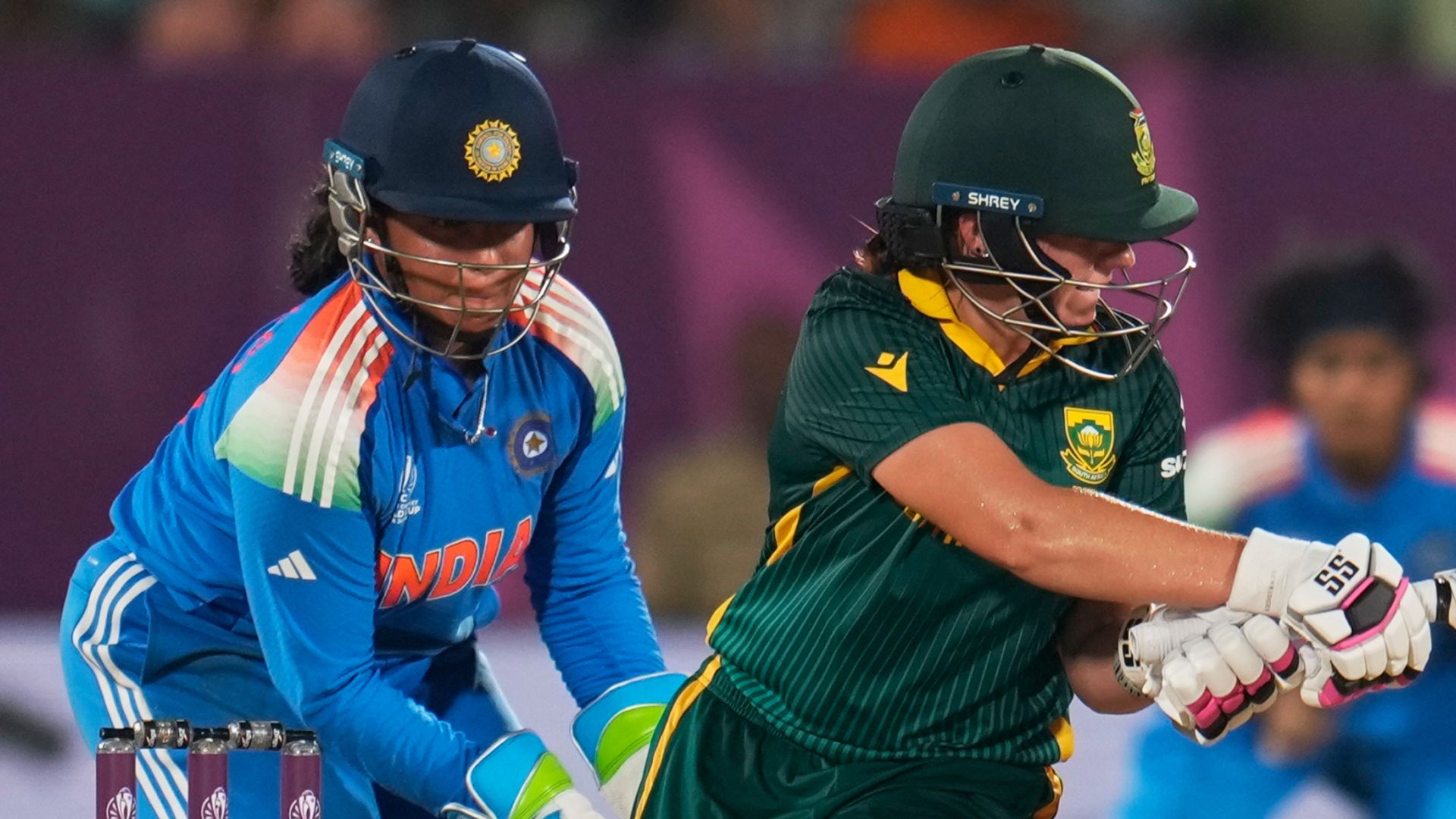India’s Ambitious Quest for Glory: Will South Africa’s Dominance Crumble Under Pressure?
In the world of sports, few events ignite passion and division quite like a World Cup final. The Women’s Cricket World Cup is no exception, and as hosts India prepare to face off against South Africa, the stakes couldn’t be higher. This match is not merely a contest of skill and strategy; it represents a clash of cultures, ambitions, and national pride that resonates deeply within the fabric of both nations.
India, a cricketing powerhouse with a rich history, has long been a dominant force in the sport. The nation has produced legendary players who have become icons, not just in cricket but in the broader cultural landscape. The fervor surrounding women’s cricket in India has surged in recent years, fueled by increased visibility and support from fans, sponsors, and the media. The Indian women’s team has made significant strides, showcasing their talent on the global stage and capturing the hearts of millions.
However, South Africa presents a formidable challenge. The Proteas have been on an upward trajectory, demonstrating resilience and skill that have earned them respect and admiration. Their journey in women’s cricket has been marked by determination, as they strive to establish themselves as a dominant force in a sport traditionally overshadowed by their male counterparts. The South African team has shown that they are not merely participants; they are contenders, ready to seize the moment and claim their place in history.
The dynamics of this final extend beyond the cricket pitch. It reflects broader societal themes, including gender equality, representation, and the fight for recognition in a sport that has often marginalized women’s contributions. The match serves as a microcosm of the struggles faced by female athletes worldwide, who continue to battle for equal opportunities, pay equity, and respect within their respective sports.
As the match approaches, the narratives surrounding both teams intensify. For India, the pressure of playing on home soil adds an additional layer of complexity. The expectations from fans, media, and cricketing authorities are immense. The weight of history looms large, as the Indian team seeks to etch their names into the annals of cricketing lore. The fervent support from the stands will undoubtedly create an electrifying atmosphere, but it also raises the stakes for the players, who must navigate the fine line between inspiration and expectation.
On the other hand, South Africa enters the final with a sense of purpose and determination. The team has faced its share of challenges, but their resilience has become a hallmark of their identity. They are not just aiming for victory; they are fighting for recognition and respect in a sport where they have often been overlooked. The narrative of the underdog resonates deeply, and a win against the hosts would not only be a triumph on the field but a significant statement off it.
The clash between India and South Africa is more than a sporting event; it is a cultural phenomenon that encapsulates the evolution of women’s cricket. As the match unfolds, it will be a testament to the progress made in the sport and the ongoing battles for equality and recognition. The outcome will reverberate beyond the boundaries of the cricket field, influencing perceptions and inspiring future generations of female athletes.
As the final approaches, anticipation builds not just for the match itself but for the broader implications it holds. The world will be watching as two nations collide, each with its own narrative, aspirations, and dreams. The stage is set for a historic encounter, and the impact of this match will be felt long after the final ball is bowled. The stakes are high, and the outcome uncertain, but one thing is clear: this final will be etched in the memories of fans and players alike, marking a pivotal moment in the ongoing journey of women’s cricket.




